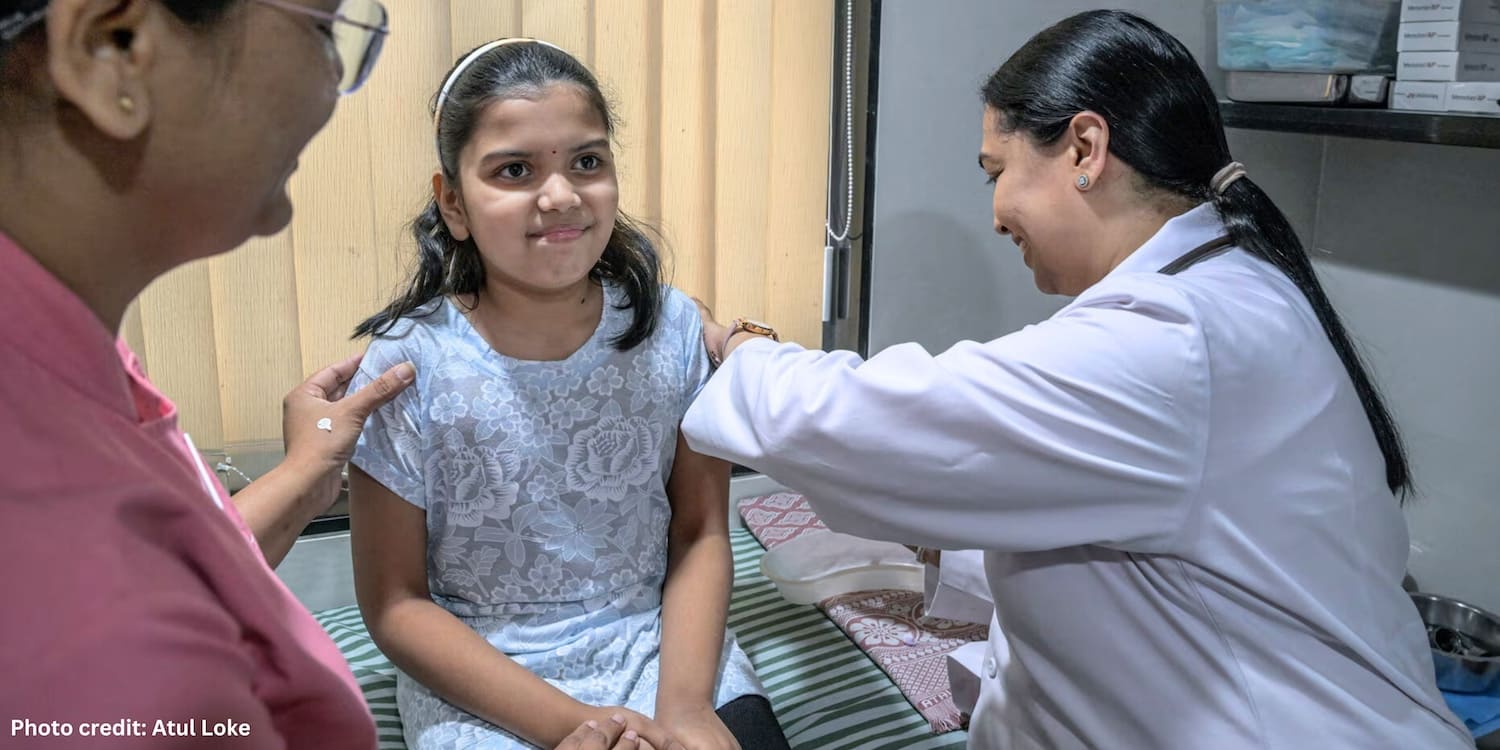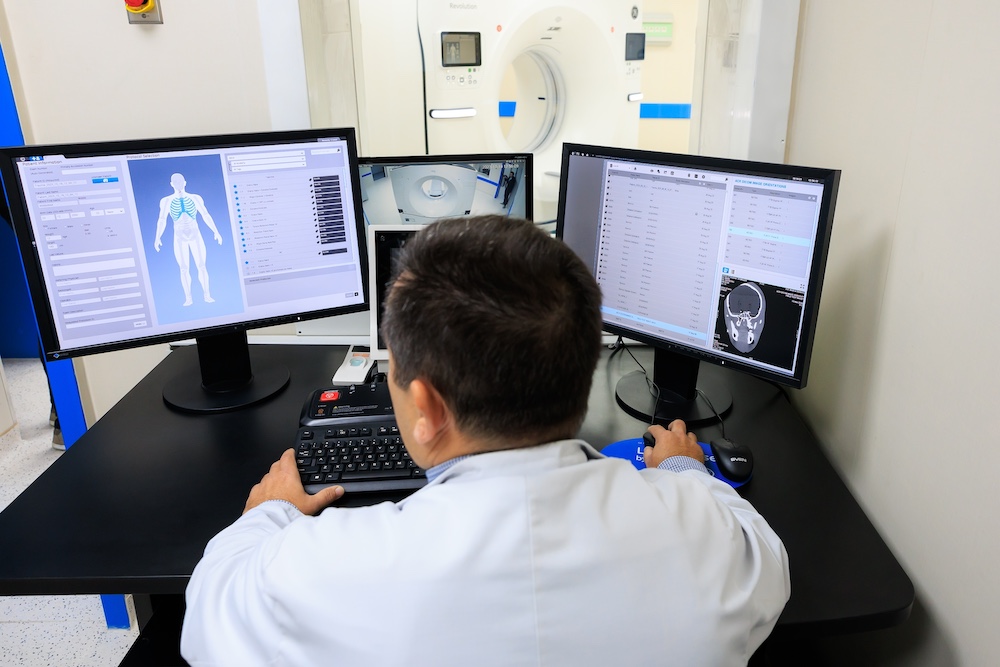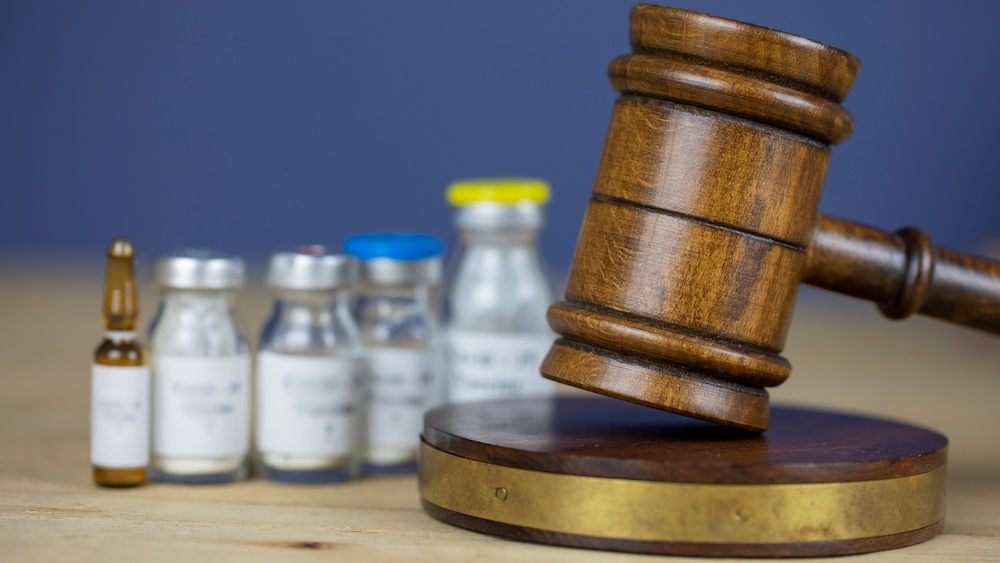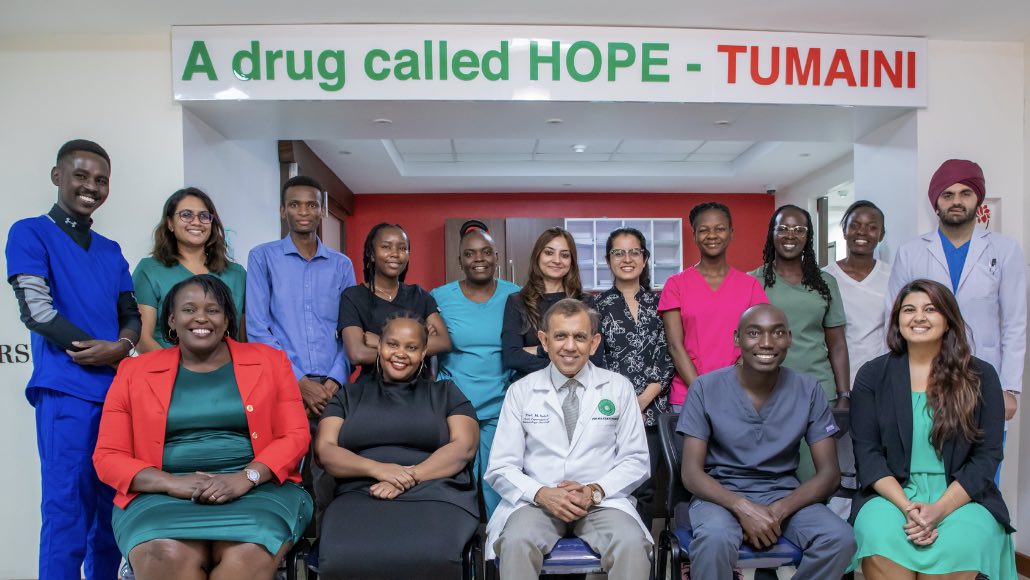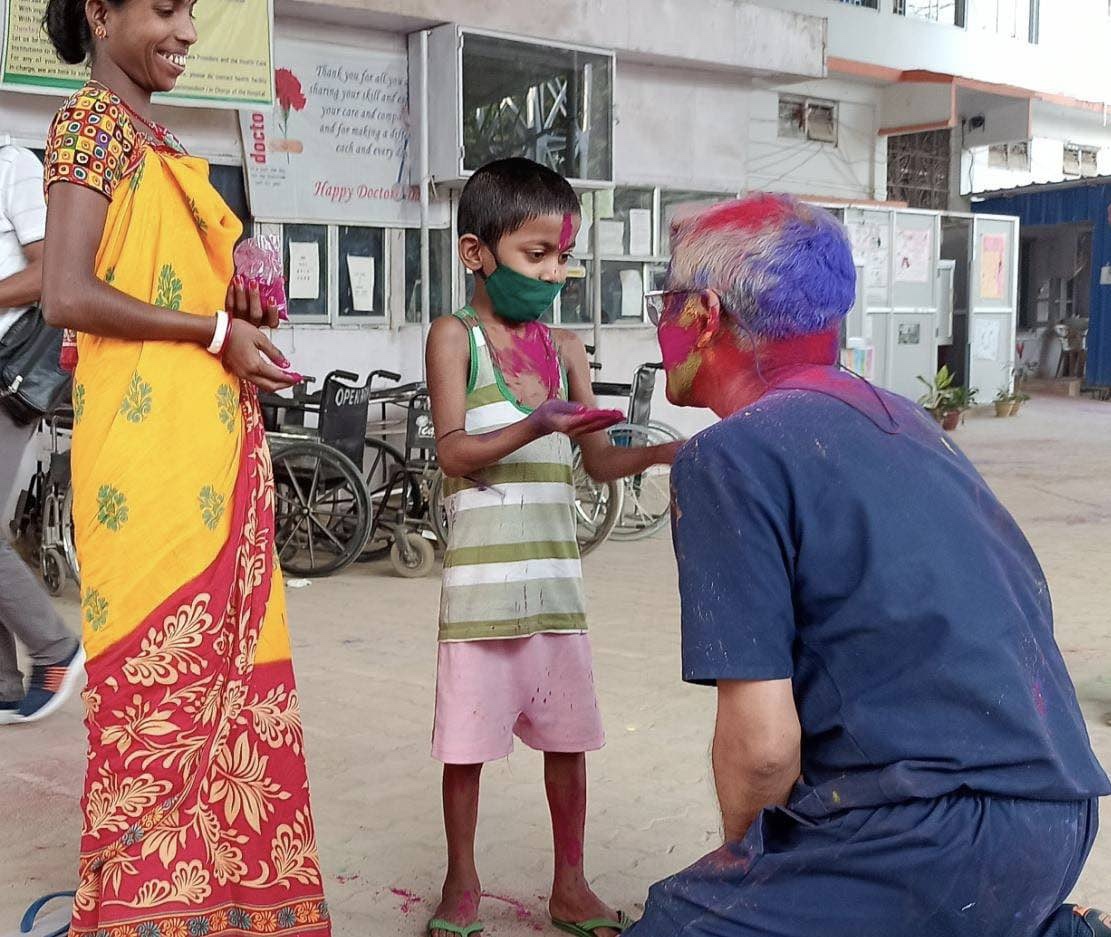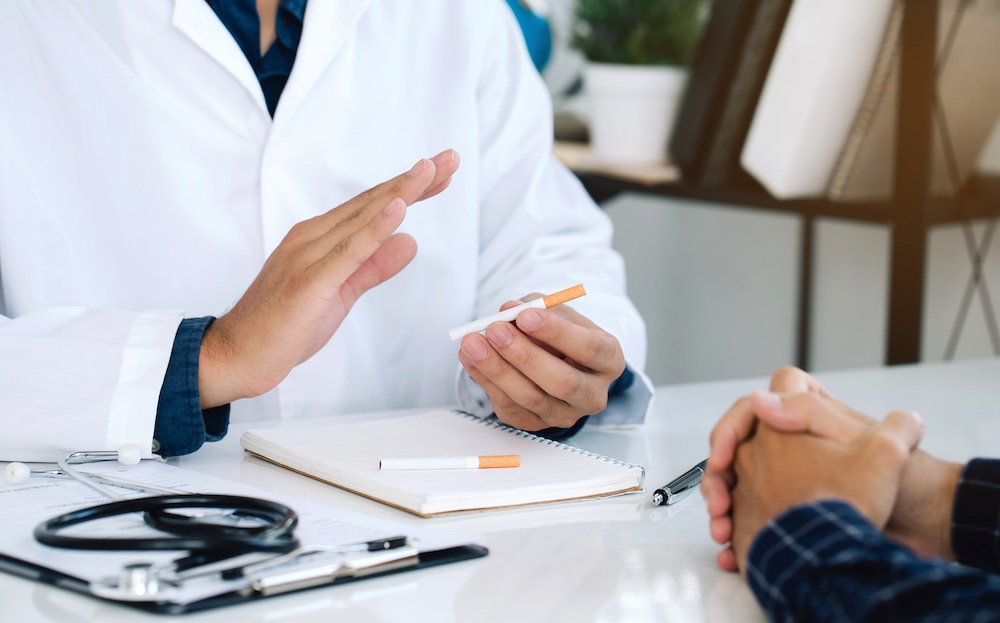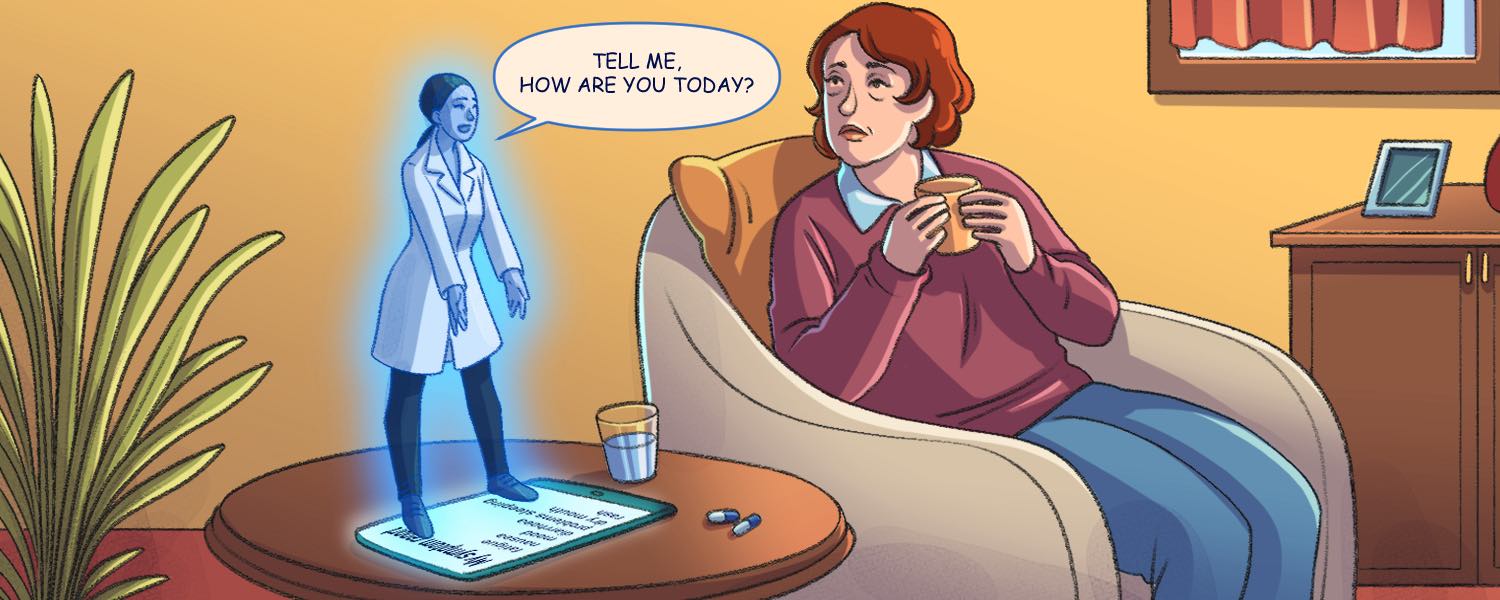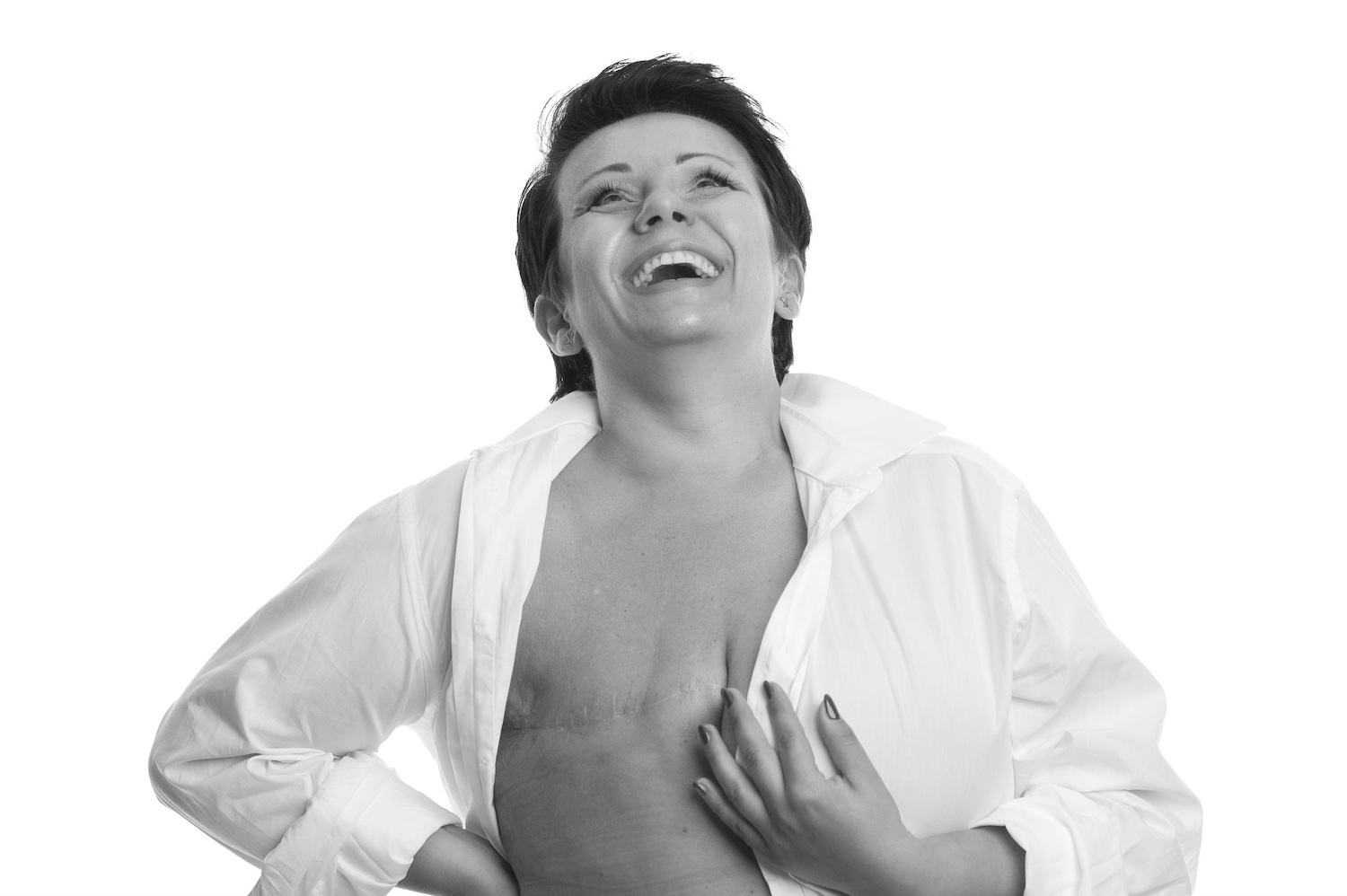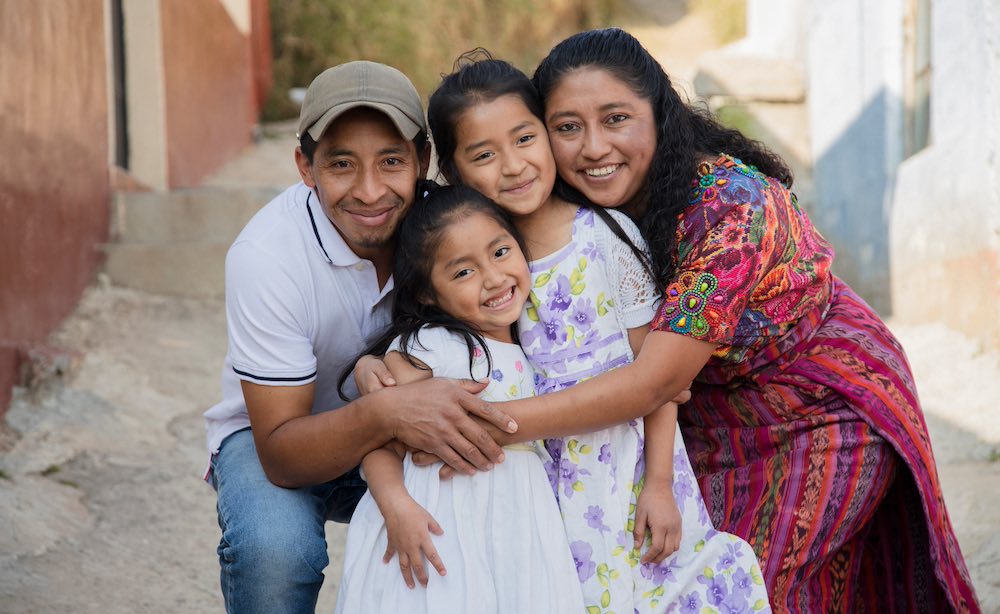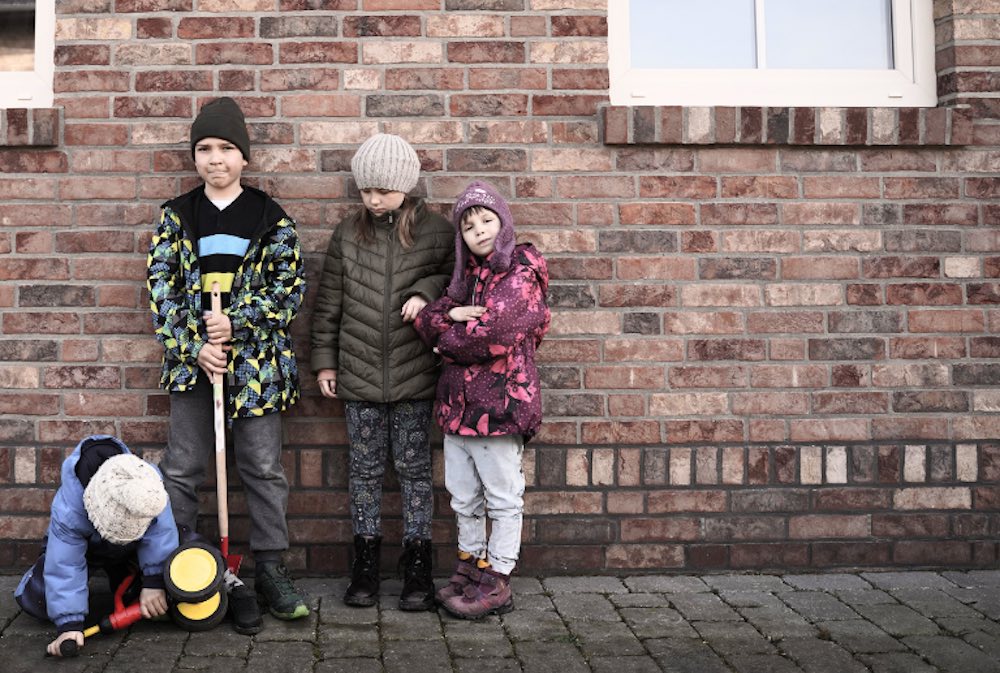Articles
India’s HPV vaccine: another step towards eradicating cervical cancer
It’s hard to remember that, at the time it was introduced in 2008, many questions were raised about whether the human papillomavirus (HPV) vaccine would be cost effective. In the intervening decade and a half, it has become abundantly clear…
Moldovan cancer services get an upgrade as they welcome patients from Ukraine
Since Russia’s full-scale invasion of Ukraine in February 2022, Moldova has been a key destination for refugees because of its geographical proximity and cultural similarities to Ukraine. Over one million Ukrainian refugees have passed through Moldova and 100,000 are currently…
Patients in Turkey sue for reimbursement as the price of cancer drugs escalates
[stampo_standfirst] An acute financial and economic crisis in Turkey has led to the value of the Turkish Lira plunging and domestic inflation soaring, reaching almost 70% in March. The resulting price surge in imported cancer drugs is hitting cancer patients…
The Kenyan clinical research unit bringing precision cancer medicine to East Africa
Four years ago, clinical trials were little discussed in oncology circles in Kenya. In common with the rest of East Africa, there was no clinical research unit to study treatments for non-communicable diseases such as cancer. No cancer patient living…
In a remote corner of India, a cancer centre is showing what can be achieved with technology and compassion
In a remote, inaccessible and hilly area of the north-east Indian state of Assam, local residents of the Cachar district came together twenty years ago to form the Cachar Cancer Society for cancer prevention, detection and treatment. They felt a…
Prevention messages: negotiating the tricky interface between medicine and popular culture
“Cigarettes are shit.” The slogan is neither creative nor informative, yet it had an impact beyond all expectations in Poland in 1994. These were the early days of post-communism: tobacco companies were making the most of the opportunities of the…
Regular symptom reporting can help your patients live better, and possibly longer
An older woman receiving treatment for breast cancer sits at home wondering whether to call her physician and go into the hospital. She’s on a new dose of a drug which she hasn’t had before and is struggling with nausea.…
Hello again! Beautiful, feminine, sexy post-mastectomy me!
It all started with a high school friendship. Anna Szołucha, a photographer who specialises in noir-style black-and-white female nudes, read a post by her high school friend Agnieszka Ford on social media. Agnieszka wrote that she was in a medical…
Por fin! A cancer prevention code for Latin America and the Caribbean
Last October, the Pan American Health Organization (PAHO) launched its Latin American and Caribbean Code Against Cancer, seeking to help reduce the region’s rising cancer incidence rates. “We must act now to reverse the projected trends,” said Elisabete Weiderpass, Director…
Tackling cancer in high-risk areas: the ‘Marmot City’ model
Inequalities in social, economic and educational status are inherent in all societies, to a greater or lesser extent. The discovery that a person’s health and life expectancy are closely tied to their position in the social hierarchy opened up new…

